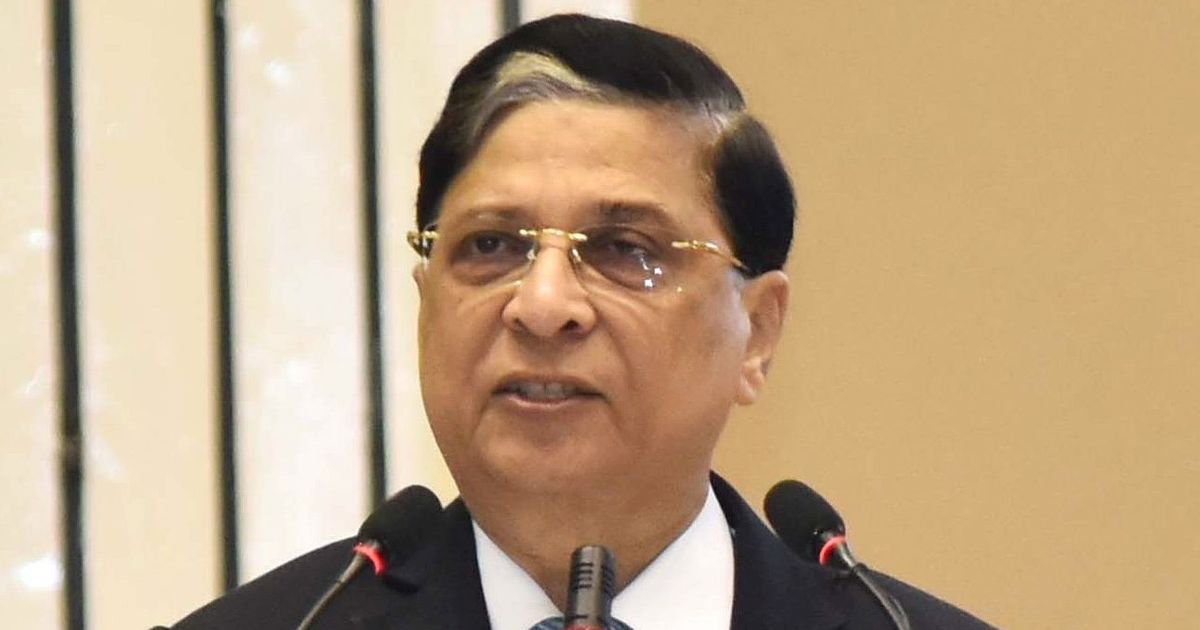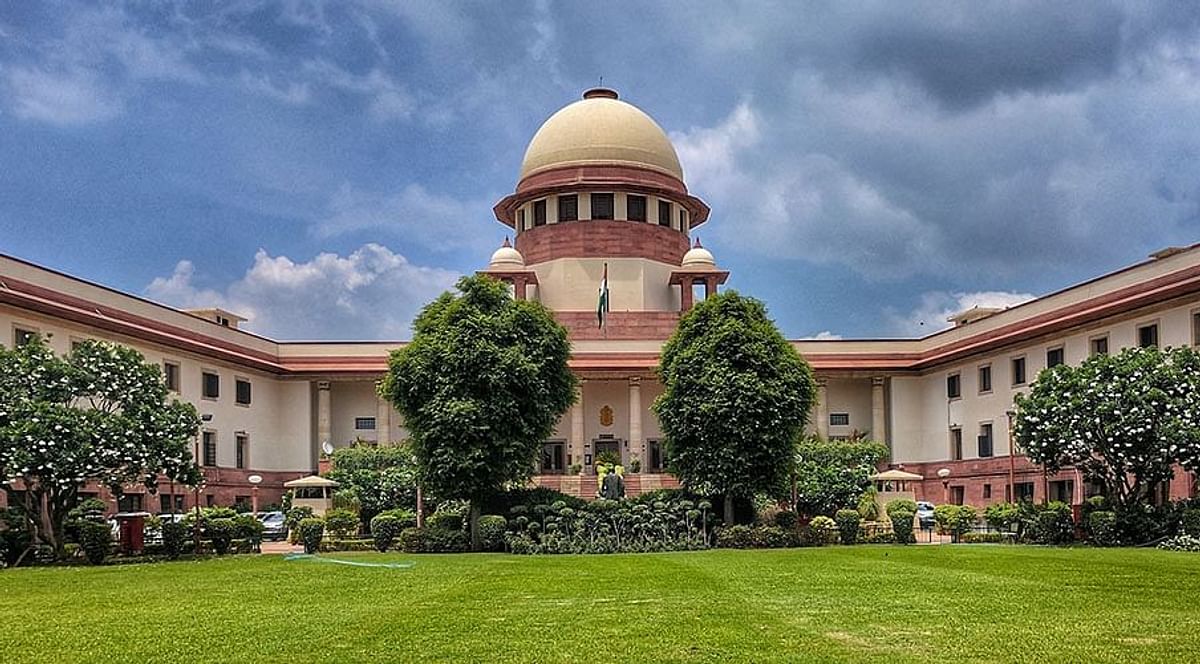Finally putting an end to the long pending dispute, Supreme Court bench ruled that The Chief Justice is the “master of the roster” and has the power to assign cases.
Earlier Shanti Bhushan’s petition had called for a panel of senior judges to decide on the rostering of judges and assigning of cases.
The government’s top lawyer had opposed it, saying it will result in chaos.
In April, a three-judge bench headed by Chief Justice of India Dipak Misra held that the Chief Justice was “master of the roster” who alone has the power to decide on the allocation of cases, virtually setting at rest the controversy raised by four of its next senior-most judges.
“There is no dispute that the Chief Justice is the master of roster and allocates cases to Judges. The constitution is silent on the Chief Justice. Conventions and judgements over the time and accepted by all stake holders that the Chief Justice is first among judges and senior most,” said the Supreme Court.

In January, four top ranking judges called an unprecedented press conference in which they took on the Chief Justice Dipak Misra.
Shanti Bhushan had said in his petition that “master of the roster” cannot be an “unguided and unbridled” discretionary power, exercised arbitrarily by the Chief Justice by hand-picking the benches of select judges or by assigning cases to particular judges.
In an unprecedented event on January 12, the four top ranking judges after the Chief Justice – Justices J Chelameswar (now retired), Ranjan Gogoi, Madan B Lokur and Kurian Joseph – called an unprecedented press conference in which they took on the Chief Justice and said the situation in the top court was “not in order” and many “less than desirable” things had taken place. The judges had also criticised the way sensitive cases were being assigned by Justice Misra to junior judges.
During the arguments, Attorney General KK Venugopal stressed on the need for “unity” among the judges of the top court and said that Mr Bhushan’s petition could lead to “conflict” among judges on who would hear a case, besides creating a multiplicity of authorities.
“It is essential that there should be one person doing this and if it has to be one person, then it has to be the CJI,” the Attorney General had said.
Senior counsel Dushyant Dave and advocate Prashant Bhushan, who had appeared for Shanti Bhushan, had questioned the manner in which some “sensitive cases” were allocated to specific judges in violation of rules. They said there was “ambiguity” in the rules as to whether the Chief Justice did have the power to frame the roster.
By Vishnu Sharma AOR Supreme Court of India & Legal Adviser with Opinion Express Group








 OpinionExpress.In
OpinionExpress.In















Comments (0)